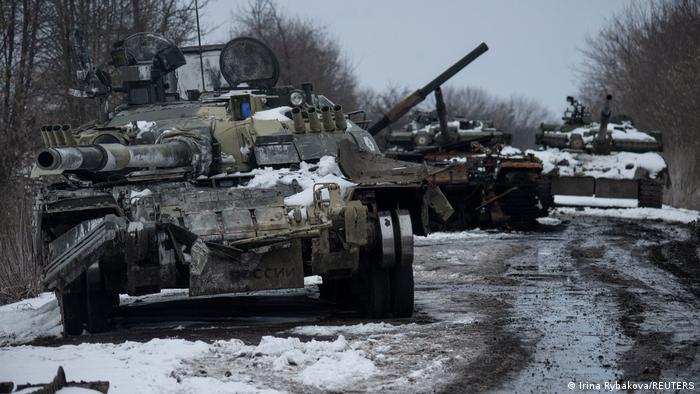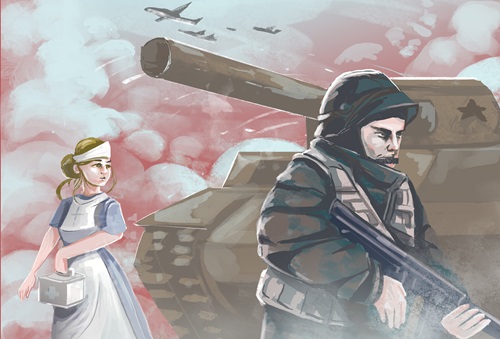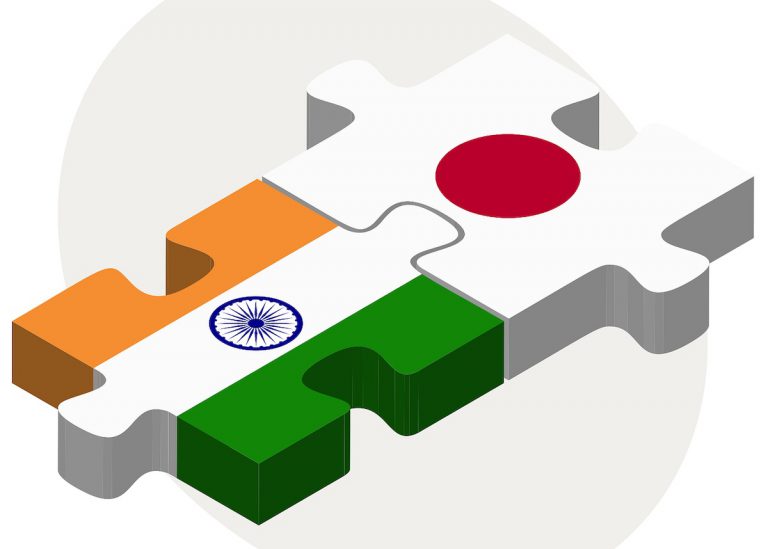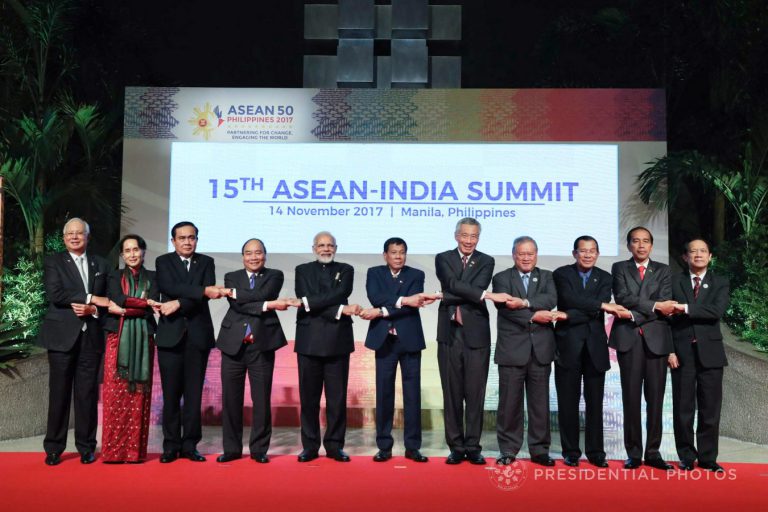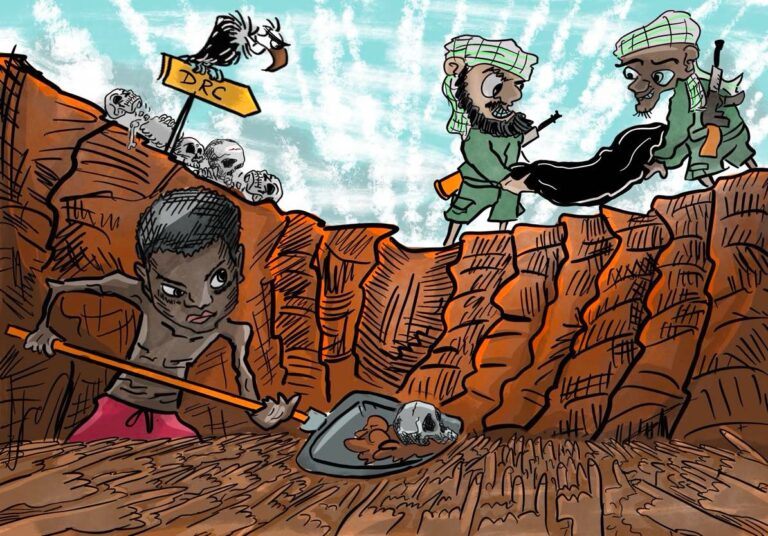Ukraine Crisis: Rationale of Russia’s Nuclear Threats and its Seriousness

As the war in Ukraine stepped into its eighth day, Russia continues to issue threats of a nuclear war directly or indirectly. On 27th February, Putin summoned his Defence Minister and Chief of the General Staff of the Russian army and ordered them to put the deterrence forces of the Russian army into a “special mode of combat duty”. This order of Putin has set the alarm bells ringing in the US and the West as Russia has a huge nuclear arsenal at its disposal. The US Defence Department has remarked that Putin invoking the threat of using nuclear weapons in the ongoing crisis in Ukraine “is not only an unnecessary step but also an escalatory one”. NATO Secretary-General Jens Stoltenberg called the order “irresponsible” and “dangerous rhetoric”. Yesterday Russian Foreign Minister Sergei Lavrov warned that a third World War will involve the use of nuclear weapons. Now the point is whether such threats by Moscow are a ploy to deter the NATO member states from supporting Ukraine in its war against Russia or is Putin really gearing up to escalate the war from conventional to nuclear level?
Experts related to defence, security and arms control have however struggled to interpret the practical implications of Putin’s statement and what it means for the Russian strategy in Ukraine. Most of them agree on the point that it might imply the increased readiness of Russian nuclear forces in the event of a launch order. Russian nuclear doctrine suggests the launch of nuclear weapons in four scenarios– when ballistic missiles are fired at Russia or an ally’s territory, if an enemy uses nuclear weapons, in response to an attack on a Russian nuclear weapons site and an attack that threatens the existence of the Russian state. If none of these scenarios exists in the ongoing Ukraine crisis then why has Russia, being the stronger power in terms of conventional military capabilities, decided to alert its nuclear forces so early in the war? This article attempts to decipher the logic behind Russia’s nuclear threats and concludes by arguing that the chances of nuclear posturing by Russia getting transformed into a nuclear war are quite less.
Logic Behind Russia’s Nuclear Threats
Firstly, the war in Ukraine has huge escalatory potential since it has not gone according to the plan of Putin. The Kremlin had assumed that the war against Ukraine would be over quite quickly considering the huge gap of military capabilities that exist between Russia and its eastern neighbour. The aim was to install a Pro-Moscow regime in Ukraine by removing Zelensky from power and keeping Ukraine non-aligned through the process. What Moscow underestimated was the fighting spirit of the Ukrainian armed forces and the common civilians who have shown great resistance against the Russian invasion. As a result of the resistance, the Russians haven’t been able to totally capture a single city of Ukraine, leaving aside the capital Kyiv. The capital city has been well guarded so far by the valiant soldiers of Ukraine. Images and videos of Molotov cocktails being prepared by citizens of Kyiv and Dnipro have become viral. There are possibilities that the Russian forces might end up fighting an asymmetric war in the streets of Ukraine where the common people will have an upper hand owing to their positions in the high rise buildings that are unknown to Russian soldiers.
There is no doubt that Russia wants to get hold of the capital as soon as possible because the major military installations of Ukraine are placed in Kyiv and President Zelensky is still in the city. The losses suffered by the Russian forces might make Putin jittery and if the Ukrainian resistance lasts for long, he might actually go the nuclear way to end the war on his terms. As has been proved in various military crises in the past, it is easy to start a war but it is not that easy to terminate it. A war of attrition might actually favour Ukraine as it buys time to get hold of weapons that are being sent by NATO and the European Union.
Secondly, the reasons cited by Putin for ordering his nuclear forces to be kept ready are the economic sanctions that are being forced on Russia by the West and the irresponsible statements being made by their leaders who are utterly insensitive to the “legitimate security concerns” of Russia. The nuclear threat is therefore a message to the US and the West that Russia isn’t going to be bogged down by the squeezing economic sanctions and the diplomatic propaganda that is being directed at it in the most negative terms. One must remember that the sanctions regime did not deter Russia from launching the attack on Ukraine. Russia has the most unpredictable leader in the world in Putin. Every time the world thinks that it has done enough to control the former KGB spy, it has been proved wrong. Last year Putin had mentioned while meeting his US counterpart in Geneva that a nuclear war is out of the equation now unlike the days of the Cold War. If Moscow is faced with the threat of a collapse of its economy due to strangulation by the West then it might be another reason for Putin to issue nuclear threats.
Thirdly, weapons supplied by member nations of NATO and EU to Ukraine are pouring in each day. Additional forces of NATO troops are being stationed in the countries that border Ukraine to deal with any kind of emergency. Article 4 of NATO has already been invoked where parties get down to swift consultations together whenever they are faced with threats to territorial integrity and sovereignty. Russia will consider this as a direct threat and an interference in the special military operations in Ukraine. This will propel Putin to keep the nuclear option open throughout the crisis in order to curb the support of NATO and the EU to Ukraine. Moscow wants to remind the US and its allies in the West that the costs of providing support to Ukraine might far outweigh its benefits in the event of a nuclear war where American and European cities will be targeted. Remember that Russia also possesses several tactical or non-strategic nuclear weapons that can be used to target enemy cities located in short distance. Putin had warned that any nation that will come in the way of its operations in Ukraine will be taught an unprecedented lesson.
Fourthly, though the talks that will be taking place between the Russian and Ukrainian delegations offer some hope, chances are high that it won’t be conclusive. This is due to the factor of domestic pressure. A surrender by Ukraine will be considered to be a betrayal by its citizens especially when they have taken up arms to defend their motherland. Ex diplomats of Ukraine have already stated that they are ready for any eventuality when the existence of their nation has come under question. Russia on the other hand has been very clear from the beginning that the military onslaught won’t stop until the army of Ukraine surrenders and Zelensky is removed from power. Any compromise by Moscow will place Putin in a tough situation back home and dent his stature as a strong leader. A retreat from Ukraine will also inspire separatist movements in Russia like the one in Chechnya. In this scenario, the possibility of a backlash back home might get the better of the Russian President and push him towards the path of nuclear brinkmanship.

Why won’t Russia Press the Nuclear Button?
All the above cited reasons make it clear that Putin will continue his nuclear sabre-rattling throughout the war. Notwithstanding these factors, a nuclear attack might not be on the cards for Russia at the moment. Going by the logic of the rational choice theory, a cost-benefit analysis would indicate that the costs of a nuclear war launched by Russia are not worth the benefits of a regime change in Ukraine. Apart from that, radioactive fallout might affect its citizens given the geographical proximity of Ukraine and Russia. A nuclear attack on Ukraine is highly unlikely as the country doesn’t possess any nuclear weapons and is not part of a NATO alliance either. The only situation of nuclear war can arise if there is a direct war between NATO and Ukraine but in that case, the logic of nuclear deterrence also comes into play as there are approximately 200 nuclear weapons stationed in Europe by the US. An all-out Total War will be suicidal for Russia according to the theory of Mutually Assured Destruction (MAD).
It must also be noted that Putin has so far employed only a fraction of its conventional military capabilities in Ukraine and if Russia goes for horizontal escalation by attacking more Ukrainian cities using formidable air power and artillery shelling then it might be enough to push Zelensky towards surrender. Lastly, a nuclear attack of even a tactical scale might make other countries like China who are supporting Russia on this issue go against it. Countries like India that have remained neutral so far will also come under tremendous pressure to take a stance against Moscow. This is the last thing Russia will want when it is already facing diplomatic isolation in various multilateral platforms. Hence, nuclear posturing is only a ploy to divide the West in its cause of supporting Ukraine and to send a clear message that under any circumstances Russia won’t back off from its objective of installing a Pro-Russian government in Kyiv. A nuclear war would lead to more losses for Russia than gains but given Putin’s volatile nature and his prestige at stake, these threats can’t be taken lightly either.


